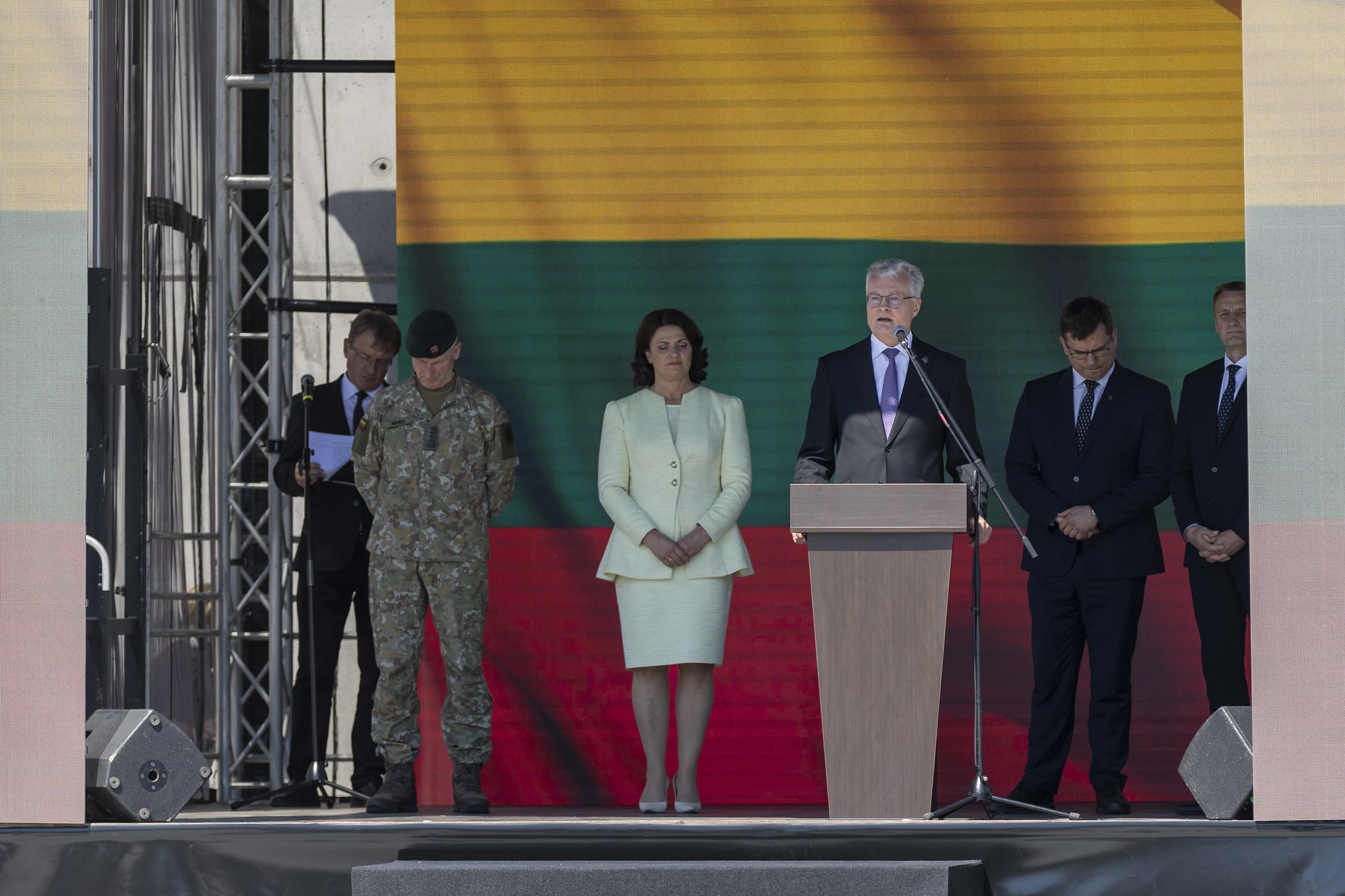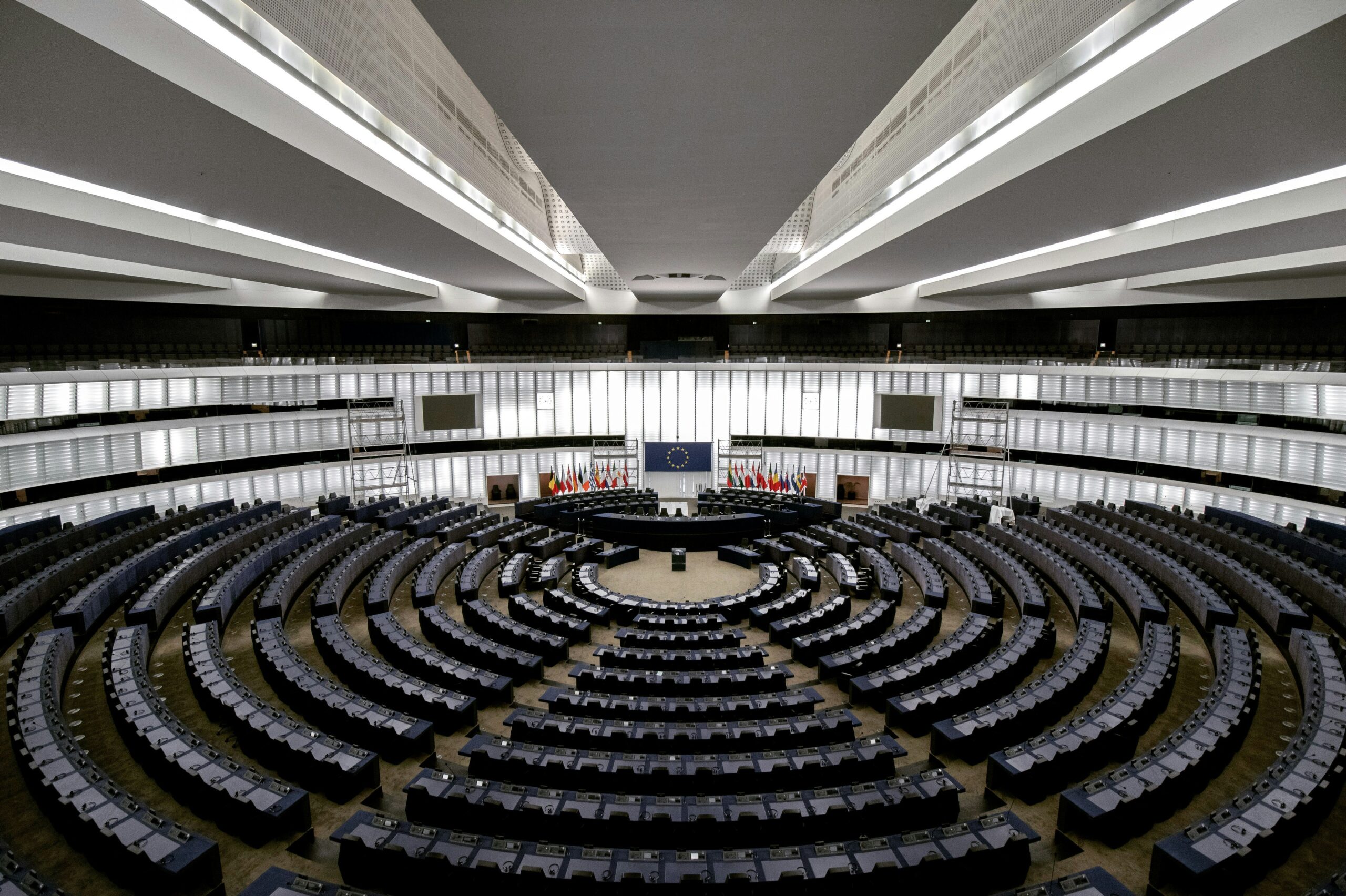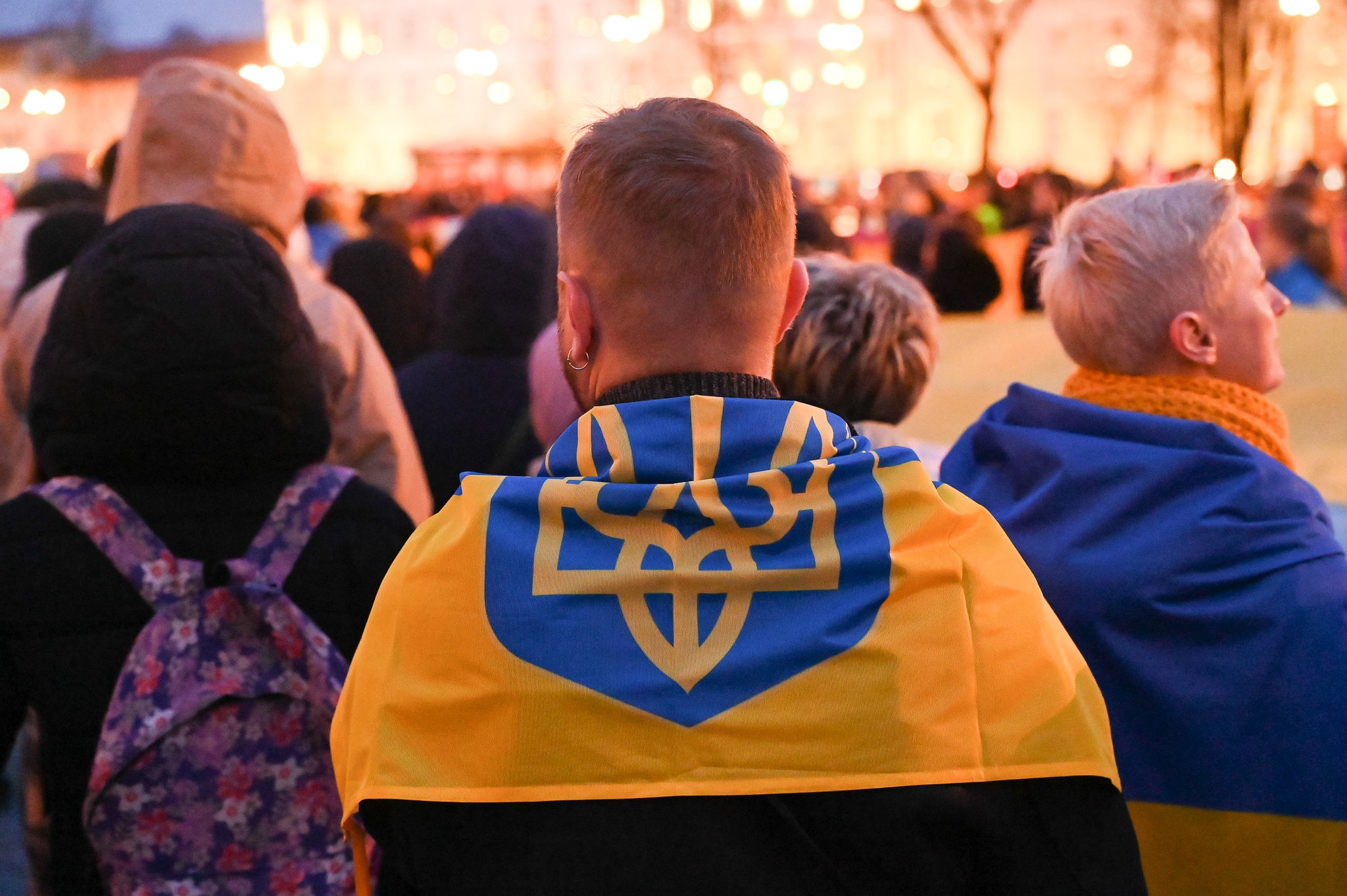Report
Latvia Monthly: Political Victimhood and Radical Messaging Fuel Tensions Between Communities
In June, Stability! party leader Aleksejs Roslikovs sparked controversy by declaring in Parliament, “There are more of us! We cannot be banned!” – a response to a nationalist proposal to restrict Russian language use. His remarks and viral social media posts were later amplified by pro-Kremlin media, highlighting how domestic tensions can fuel foreign propaganda.
Monthly Reports
Latvia Monthly: Nature of War and Military Service
During the reporting month, the content primarily examined topics such as the Russian language policies and corruption within the Latvian government and the European Union.
Read moreEstonia Monthly: Mistrust in NATO’s Article 5
In June, social media and other web-based media actors primarily focused on spreading disinformation narratives about the Estonian government (and its leaders), NATO, the U.S., and the European Union.
Read moreLithuania Monthly: The ongoing race for the presidency
On 19th May, the Central Electoral Commission (VRK) officially confirmed the results of the first round of the 2024 Lithuanian presidential election.
Read moreLatvia Monthly: Pro-Russian candidate for the European Parliament under the spotlight
During the reporting month, the content primarily examined topics such as the European Union, Russian language policies and corruption within the Latvian government.
Read moreEstonia Monthly: Kalla’s Excessive Interest in Supporting Ukraine
In the month of May, the Estonian social media and web-based media actors generally focused on the recurring theme of the maltreatment of Russian-speaking individuals within Estonia.
Read moreLithuania Monthly: The ongoing race for the presidency
During this reporting month, all Lithuanian social media platforms were full of heated debates about the upcoming presidential elections.
Read moreLatvia Monthly: The toll of refugees
During the reporting month, the content primarily examined topics such as the European Union, Russian language policies and corruption within the Latvian government.
Read moreEstonia Monthly: Russian Orthodoxy and Terrorism
During the reporting month, there were many social media agents that were targeting the ongoing issue about the Russian Orthodox Church in Estonia
Read moreLithuania Monthly: Resignation of the Minister of National Defence Arvydas Anušauskas
During this reporting period, Lithuanian politics were shaken by the news: the sudden resignation of National Defence Minister Arvydas Anušauskas.
Read moreShowing 37 to 45 of 64 results
Don’t miss a story.
We publish stories that change laws, lives, minds and the world. Subscribe to our newsletter to get our investigations delivered to your inbox.








